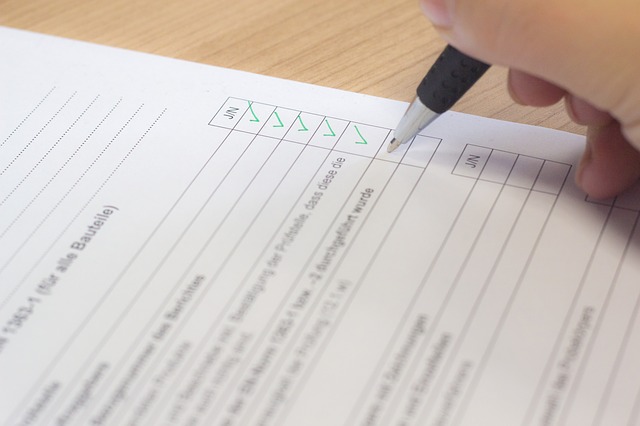Following the introduction of online right to work checks, the Home Office has published new guidance on the prevention of illegal working. This is available here (PDF).
Online checking service
In certain cases, employers are now able to use the Home Office online Right to Work Checking Service to check whether an individual has the right to work in the UK. The website is at https://www.gov.uk/view-right-to-work.
This enables the employer to obtain a statutory excuse against a civil penalty issued for employing an illegal worker and means that the employer no longer has to check the individual’s original documents in such cases.
Employers are able to carry out online checks if the individual holds:
- A biometric residence permit;
- A biometric residence card; or
- Settled or pre-settled status issued under the EU Settlement Scheme.
It is only possible to use the online checking service with the individual’s agreement. The individual first views their own right to work record and then provides the employer with a share code to enable the employer to access the information. Importantly, in order to obtain a statutory excuse, the employer must access the record via the employer part of the service. If the employer relies on the information provided to the individual in the migrant part of the website this will not provide the employer with a statutory excuse. Employers relying on online checks must also check that any photograph on the online right to work check is of the individual concerned and must retain a clear copy of the response provided by the online right to work check. This must include a copy of the webpage that includes the individual’s photo and the date on which the check was conducted.
If the individual refuses to co-operate with the online check the employer will have to carry out checks of the physical documents in the usual way.
Updated guidance
The Home Office has also published an updated right to work checklist which is available here: https://www.gov.uk/government/publications/right-to-work-checklist
This new version brings up to date the list of documents which individuals may provide to evidence that they have the right to work as well as setting out which documents employers must retain when the right to work check is conducted via the new online service.
Comment
It is important that all businesses ensure that they are carrying out right to work checks correctly in relation to all new employees before the employee starts work. If the person has limited leave to remain follow up checks are required when their current leave is due to expire.
Using the checklist makes it easier for the employer to ensure that such right to work checks are conducted correctly and that the necessary documentation is retained in order to give the employer a statutory excuse against a civil penalty should an individual be found to be working illegally. A civil penalty can be as much as £20,000 per illegal worker.
Further, if a business receives a civil penalty they will be publicly named and shamed and this could also lead to their sponsor licence being revoked or downgraded.

 Kerry Garcia
Kerry Garcia